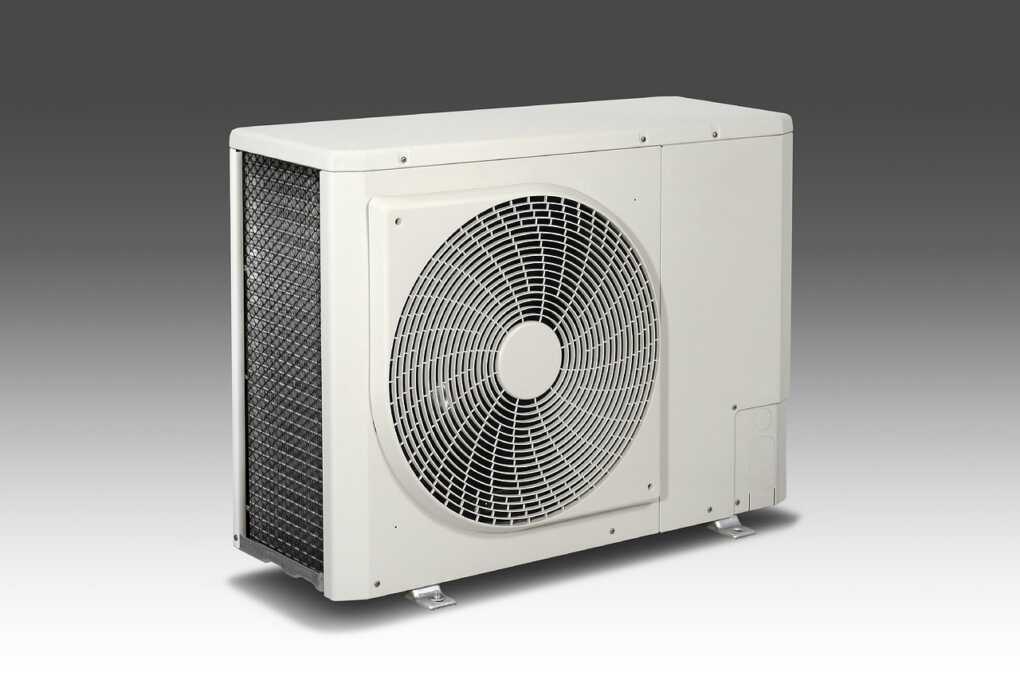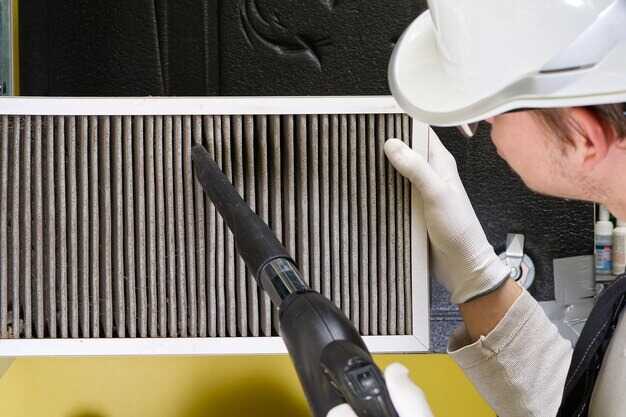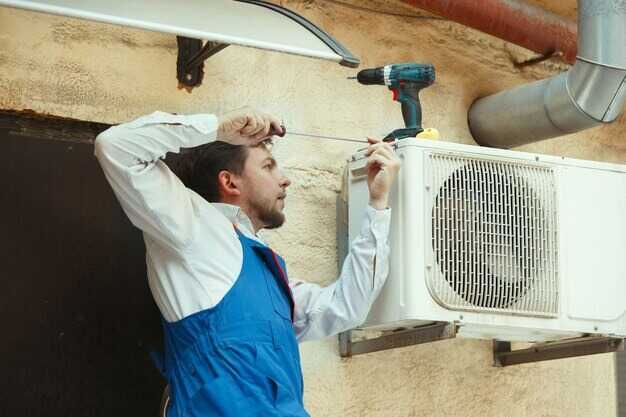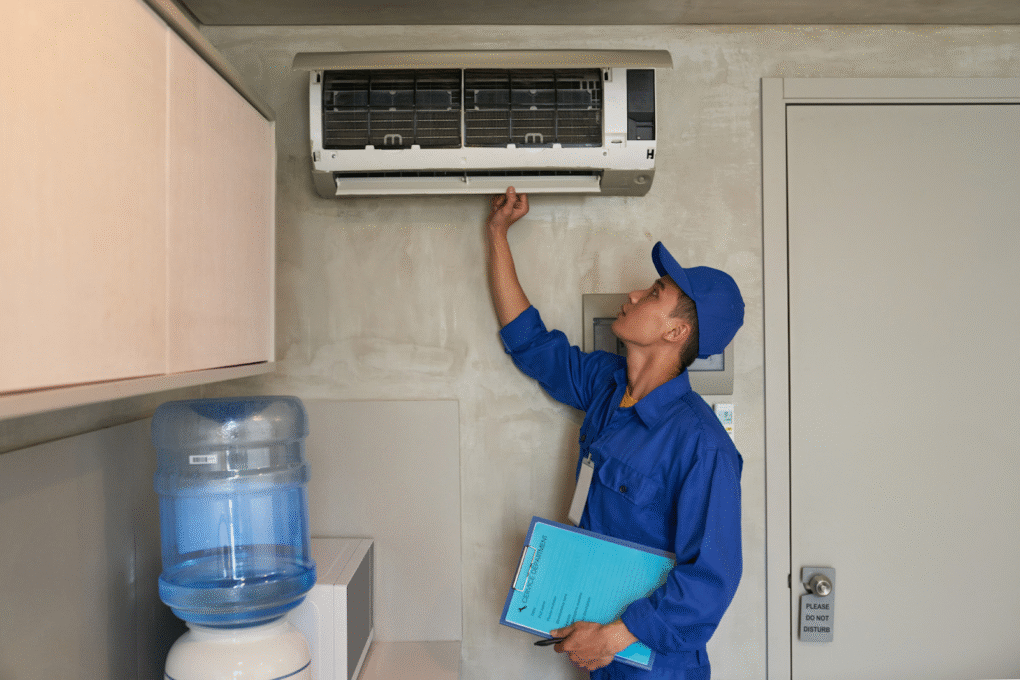Heat and air conditioning units are essential in providing comfort to your home, regardless of the season.
Heating is required to keep you warm during winter, while air conditioning is a must during summer, particularly in areas with warm and wet summers.
But when it comes to cost, most homeowners ask themselves: which of these two is more costly to operate—heat or air conditioning?
The answer’s not as simple as it is between winter and summer. It’s a complex mix of where your home is, how it’s been powered, how efficient your heating and cooling systems are, and how much you use them.
This piece will examine the actual cost of heating over cooling, uncover what dictates that cost, and offer smart tips to save you on your overall energy expenses.
When considering the cost of running heat versus air conditioning, it’s essential to factor in regional climate variations and the efficiency of your HVAC system. In places like Bensenville, IL, where seasonal temperature fluctuations can be significant, optimizing your system’s performance is crucial. Ensuring your HVAC system is well-maintained can lead to substantial savings, regardless of whether you’re heating or cooling your home. Regular maintenance checks and timely upgrades can enhance efficiency, ultimately reducing energy costs. By understanding the specific needs of your home and climate, you can make informed decisions that balance comfort and cost-effectiveness throughout the year.

Is Air Conditioning or Heat More Expensive?
Being a Floridian with mild winters and hot summers, you may be surprised that air conditioning is often more expensive to run than heat.
Nationally, heat usually leads to higher energy bills in cold climates, just because making heat costs more to produce than drawing heat out. This is the opposite in climates like Florida, however.
Therefore, asking yourself is heat or air conditioning more expensive means you must consider the energy demand and system efficiency.
Air conditioners remove heat from indoor air and release it outdoors. While their functionality is more or less efficient, especially in freshly installed devices running an AC device 8 to 10 months a year, like is the case here in Florida, it results in significantly higher total energy expense compared to running a heater for the short cold weeks.
How Climate and Energy Sources Impact Heating and Cooling Expenses?
The cost of heating relative to cooling is immediately a function of what kind of energy you use and how frequently it’s called for.
North State Heating Systems can use oil, natural gas, or electric resistance heat for months. Electric heat in Florida isn’t called for very often, but when needed, it is in huge amounts, and natural gas in houses is not as prevalent.
At the same time, air conditioners or heat pumps are a standard installation in Florida homes, typically operating from early spring through late autumn.
Since winters in Florida are not long, the energy utilized to heat a home is minimal, and the cost is usually not significant compared to the extended air conditioning season.
And then, of course, there is Florida’s humidity. Another load was placed on AC equipment to cool and dry out the air, which is more energy- and time-consuming.
This adds up to a higher electric bill, especially if the system is old or in poor condition.
Why System Efficiency Is a Game-Changer?
Your system’s overall efficiency is the biggest cost influencer. Cooling units are rated by Seasonal Energy Efficiency Ratio (SEER), and heating units by Annual Fuel Utilization Efficiency (AFUE) or Heating Seasonal Performance Factor (HSPF) for heat pumps.
A low SEER-rated central air conditioner (less than 13) consumes much more power than a SEER 16 and larger unit. The same applies to heaters—although, in Florida, their seasonal usage doesn’t affect overall annual energy cost as much.
Buying a high-efficiency heat pump is generally the smartest move for Floridians. Heat pumps are reversible systems that cool in the summer and warm in the winter, using energy far more efficiently than electric resistance heaters.
New ductless mini-splits can cool a room with even better control and efficiency.

How to Keep Your HVAC System Efficient?
1. Schedule Annual HVAC Maintenance
Maintenance is vital to your HVAC system’s longer, more efficient life. A yearly visit from a qualified technician gets problems in the bud and ensures parts function as they should. Get it done ideally in spring, before hot weather kicks in.
Technicians will check refrigerant levels, clean coils, check thermostat accuracy, and change filters. This proactive measure maintains your system at its best and reduces the risk of costly mid-season failures.

2. Replace the Thermostat
Upgrading to a programmable or smart thermostat is a simple yet effective way to cut energy costs. These devices learn about your daily routine and automatically adjust the temperature based on your preferred schedule or presence.
Some models also measure humidity and allow remote control via smartphone apps. In Florida’s hot climate, your AC isn’t working overtime while you’re away. Over time, this small investment can yield significant savings while maintaining optimal indoor comfort.
3. Seal Air Leaks and Insulate Properly
Small air leaks significantly impact your home’s ability to cool. Windows, doors, ducts, and undersized or uninsulated walls or attics all have gaps that get your AC to work significantly harder to reach desired temperatures.
Seal them using caulk or weather stripping and insulate them for more efficient indoor climate control. Florida’s hot and humid weather makes this an absolute necessity. The reward is not just increased comfort but lower bills and system wear.

4. Replace and Clean Filters Regularly
A clogged or dirty air filter of your system can reduce airflow, making your HVAC system operate longer and harder to cool your home. That translates to more energy consumption and greater stress on system components.
Based on your lifestyle—pets or allergy concerns—the filters must be checked monthly and replaced every 1 to 3 months. Clean filters purify the air and optimize your AC’s performance, which is an easy but essential part of HVAC maintenance.
5. Utilize Ceiling Fans Properly
Ceiling fans are a great supplement to your air conditioning system, especially if you reside in a warmer climate. While they don’t reduce the temperature in the room, they circulate air effectively to create a wind-chill effect that make you feel cooler.
You can thus raise the thermostat by several degrees without overloading your AC. Fans are not required in unoccupied rooms, so switch off whenever you leave the room to save energy while remaining comfortable.
Summing Up
So, which is more expensive: heating with heat or cooling with air conditioning? The response is evident in Florida: air conditioning is the cause of a higher energy bill.
With warm weather prevailing for most of the year and humidity contributing to the strain on cooling systems, the use of AC greatly surpasses heating in both duration and expense.
But your bill isn’t merely a product of the seasons but of the efficiency of your equipment, its maintenance, and the energy-saving habits you institute.
By spending on smart thermostats, preventive maintenance, and efficient HVAC replacement, you can keep your home comfortable all year round without overstretching your budget.
